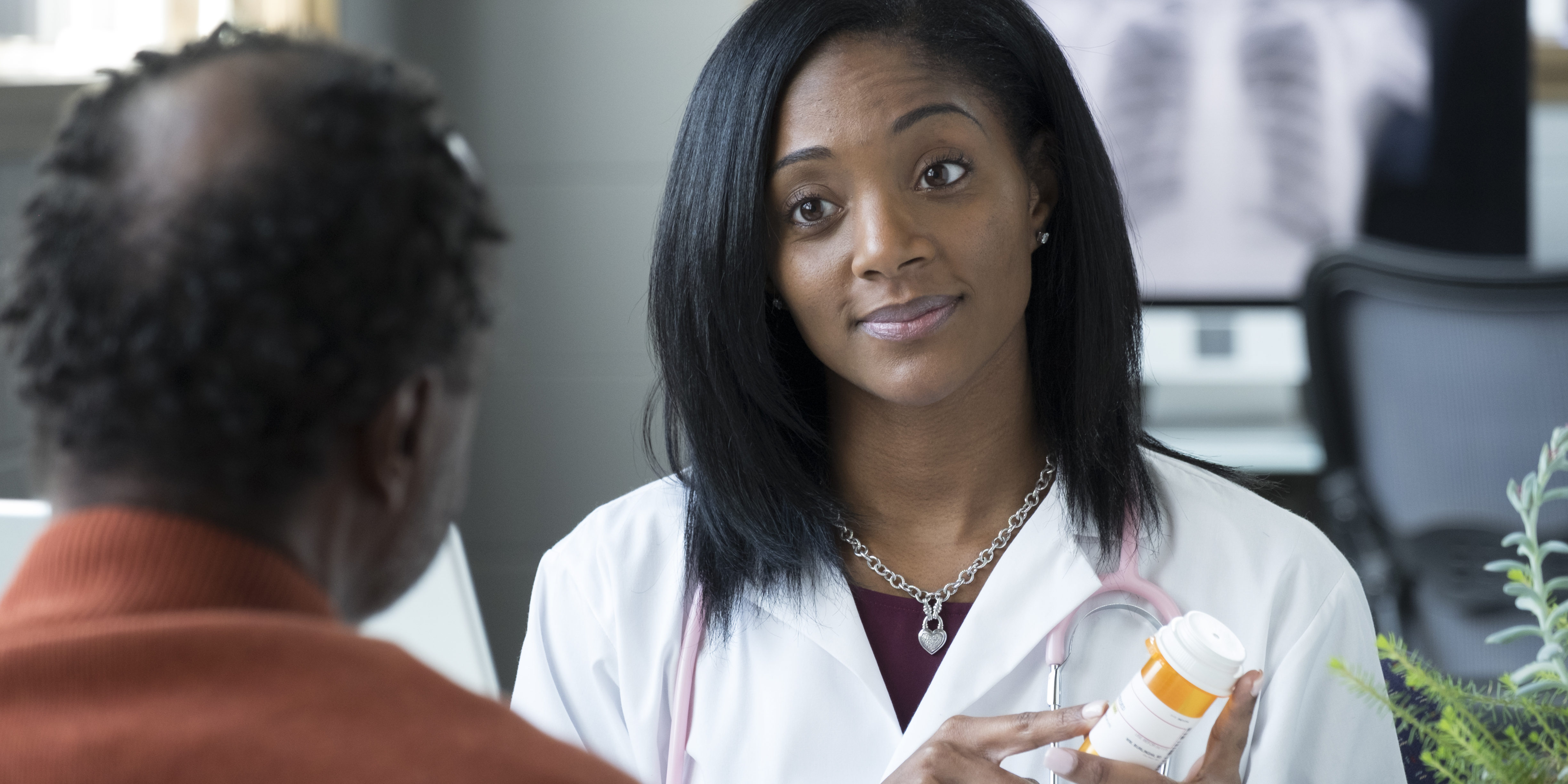
The mission of the Education and Prevention Department at ACQC is to prevent HIV and STIs and promote health and wellness in the communities we serve. This is accomplished by providing health education and intervention services using a harm reduction approach, in a friendly, respectful, and culturally sensitive environment.
Additionally, the Education and Prevention Department also conducts: HIV and Hepatitis C testing, health education workshops, and LGBTQ sensitivity trainings for providers. Outreach to community settings are sought to reach the general Queens community and specific sub-populations such as LBGTQ and communities of color.
LGBTQ PROGRAMS: Programs offer participants the opportunity to learn and get information regarding health and social issues that affect the LGBTQ community in Queens. Program offers HIV testing, groups and individual sessions where participants discuss HIV, STIs and related issues to the LGBTQ community.
YOUTH DROP-IN CENTER: Program provides a safe space for homeless youth and youth at risk of homelessness offering educational and skills building workshops to help young people become self-sufficient and make healthier decisions.
LOCATIONS:
- 161-21 Jamaica Avenue, 6th & 7th Floor Jamaica, NY 11434 (718)896-2500
- 62-07 Woodside Avenue, 3rd Floor Woodside, NY 11377 (718)472-9400
- 11-39 Foam Place, 1st Floor Far Rockaway, NY 11691 (718)868-8645
- Youth Drop In Center 27-26 12th Street Astoria NY 11102 (347)813-4290
FACEBOOK PAGES:
Facebook.com/ACQCEDUCATIONANDPREVENTIONDEPARTMENT
Facebook.com/MSMEMPOWERED
RAPID HIV TESTING:
ACQC’s HIV testing program strives to:
- Enhance the value of HIV counseling and testing as a primary prevention tool by incorporating testing into a continuum of supportive services designed to help HIV-negative individuals to maintain good health and to avoid behaviors that could transmit the virus.
- Enhance the value of HIV testing as an early intervention tool by providing a comprehensive range of services to enable HIV-positive individuals to learn about and access treatment options and appropriate health care, and obtain entitlements or benefits that will enable them to cover treatment costs.
- Enhance the value of testing for STI’s by providing supportive counseling and testing services designed to raise a client’s awareness of their risk, support them in their desire to reduce their risk, and assist them in the ongoing maintenance of their specified goals.
- Provide individuals at risk an accessible, high-quality counseling and testing program to assist them in their decision to test for HIV and other STI’s.
THE BEST WAY TO KNOW WHETHER YOU ARE INFECTED: HIV-ANTIBODY COUNSELING AND TESTING
The HIV-antibody test is the only way to tell if you are infected. You cannot tell by looking at someone if he or she carries HIV. Someone can look and feel perfectly healthy and still be infected. In fact, an estimated one-third of those who are HIV-positive do not know it. Neither do their sex partners.
When HIV enters the bloodstream, it begins to attack white blood cells called T4 lymphocyte cells (helper cells). The immune system then produces antibodies to fight off the infection. Although these antibodies are ineffective in destroying HIV, their presence in the blood is used to confirm HIV infection. Testing can tell you whether or not you have developed antibodies to HIV.
You should receive counseling before and after taking the HIV-antibody test. This counseling will help you understand the results of your test, learn how to protect your health, and (if you are infected) gain the knowledge of how to prevent passing the virus to others. Regardless of your HIV status, counseling should be a central part of the testing process.
Should I seek HIV Counseling and Testing?
If you have engaged in behavior that can transmit HIV, it is very important that you consider counseling and testing.
If I think I have been exposed to HIV, how soon can I get tested?
To find out when you should be tested, discuss it with your testing site staff or personal physician.
Program Hours
The AIDS Center of Queens County will conduct confidential rapid HIV/STI testing through the HIV testing program at the following locations with the specified days/times of testing:
Jamaica (Main Site)
Monday – Friday, 9am-5pm
Food Pantry: 10am-12pm
Woodside
Monday – Friday, 9am-5pm
Groups: Tuesday – Friday, 5pm-8pm
Food Pantry: 10am-12pm
Far Rockaway
Monday – Friday, 9am-5pm
Food Pantry: 10am-12pm
For more information, or to schedule an appointment, please call 718-472-9400.
